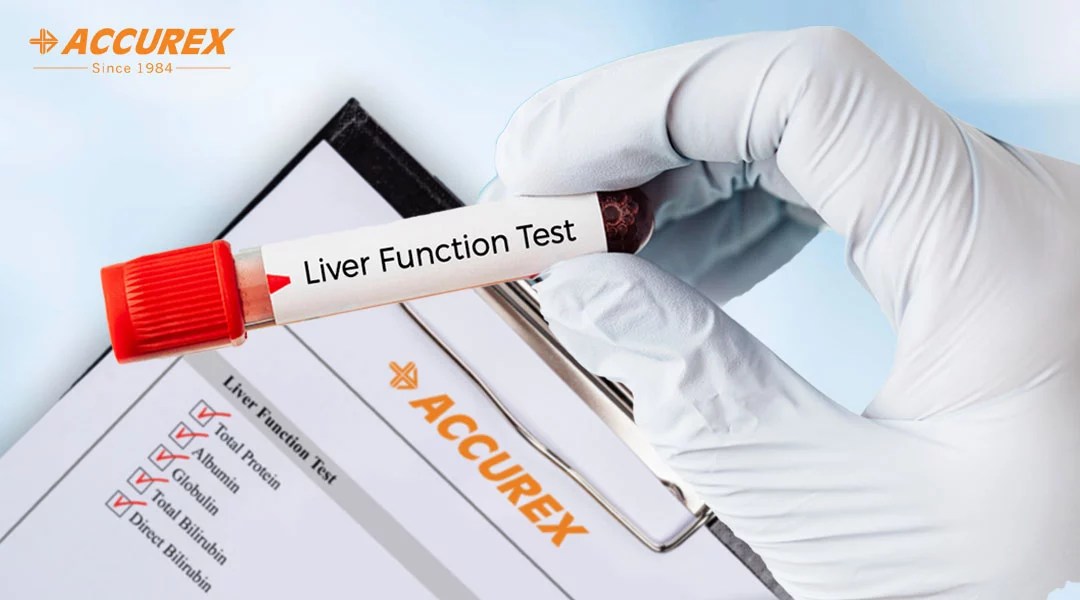- Your cart is empty
- Continue Shopping
Liver Function Test

Introduction:
The liver is one of the vital organs in the human body, responsible for performing numerous essential functions that are crucial for maintaining overall health and well-being. To assess the liver’s health and detect potential issues, medical professionals rely on a series of tests known as Liver Function Tests (LFTs). In this comprehensive guide, we will delve into the significance of Liver Function Tests, their components, interpretation of results, common liver disorders, and lifestyle tips for optimal liver health.
The Importance of Liver Function Tests
Liver Function Tests, also known as hepatic function tests, are a battery of blood tests that evaluate the overall health of the liver and its capacity to function properly. The liver plays a central role in numerous critical processes, such as detoxification, metabolism of nutrients, synthesis of proteins, and bile production. As a result, early detection and monitoring of liver dysfunction through LFTs are essential to prevent serious liver diseases and related complications.
Components of Liver Function Tests
Liver Function Tests consist of several specific markers, each providing valuable information about the liver’s health:
a. Alanine Transaminase (ALT) and Aspartate Transaminase (AST):
ALT and AST are enzymes found primarily within liver cells. Elevated levels of these enzymes in the bloodstream can indicate liver damage or injury. ALT is more specific to liver function, while AST is also found in other organs, such as the heart and muscles.
b. Alkaline Phosphatase (ALP):
ALP is an enzyme present in bile ducts. Elevated ALP levels may suggest obstruction or inflammation of the bile ducts or bone disorders.
c. Gamma-Glutamyl Transferase (GGT):
GGT is another enzyme found in the liver, and its levels may rise due to liver injury, alcohol consumption, or certain medications.
d. Total Bilirubin:
Bilirubin is a pigment produced during the breakdown of old red blood cells. Elevated levels of total bilirubin can be indicative of liver diseases or excessive breakdown of red blood cells.
e. Albumin and Total Protein:
Albumin is a protein produced by the liver, and it plays a vital role in maintaining fluid balance in the body. Total protein includes albumin and other proteins in the blood. Abnormal levels can indicate liver disease or malnutrition.
f. Prothrombin Time (PT) and International Normalized Ratio (INR):
These measures assess the liver’s ability to produce clotting factors. Prolonged PT and increased INR may indicate liver dysfunction.
Interpreting Liver Function Test Results:
Understanding the normal reference ranges for each marker in liver function tests is essential for accurate interpretation. It’s important to note that normal ranges may vary slightly between different laboratories. Here is a brief overview of how to interpret LFT results:
a. Elevated ALT and AST:
An increase in ALT and AST levels may suggest liver inflammation, such as in viral hepatitis or alcohol-related liver disease.
b. Elevated ALP and GGT:
Elevated ALP and GGT levels can indicate cholestasis, a condition where the flow of bile from the liver is obstructed.
c. Elevated Total Bilirubin:
High bilirubin levels can be caused by various liver disorders or increased breakdown of red blood cells.
d. Decreased Albumin and Total Protein:
Low levels of albumin and total protein may be due to impaired liver function or malnutrition.
e. Abnormal PT and INR:
Prolonged PT and increased INR may suggest impaired liver synthesis of clotting factors.
Common Liver Disorders:
Liver Function Tests are essential for diagnosing and monitoring various liver disorders, some of which include:
a. Hepatitis:
Hepatitis, characterized by liver inflammation, can be caused by viruses (hepatitis A, B, C, etc.) or excessive alcohol consumption.
b. Cirrhosis:
Cirrhosis is the advanced scarring of the liver, often resulting from chronic liver diseases like viral hepatitis, alcohol-related liver disease, or non-alcoholic fatty liver disease (NAFLD).
c. Non-Alcoholic Fatty Liver Disease (NAFLD):
NAFLD is characterized by the accumulation of fat in the liver, commonly associated with obesity and metabolic disorders.
d. Alcoholic Liver Disease:
Excessive and prolonged alcohol consumption can lead to alcoholic liver disease, ranging from fatty liver to alcoholic hepatitis and cirrhosis.
e. Liver Cancer:
Liver cancer can develop due to various factors, including chronic liver diseases or metastasis from other cancer sites.
Tips for Maintaining Optimal Liver Health:
Prevention is key to maintaining a healthy liver. Here are some lifestyle tips that can promote liver health:
a. Moderate Alcohol Consumption:
Limit alcohol intake to moderate levels or abstain from alcohol to reduce the risk of alcoholic liver disease.
b. Maintain a Balanced Diet:
Adopt a diet rich in fruits, vegetables, whole grains, and lean proteins while reducing the consumption of processed and high-fat foods.
c. Stay Hydrated:
Adequate water intake helps flush out toxins from the body, easing the liver’s workload.
d. Exercise Regularly:
Engaging in regular physical activity can aid in weight management and reduce the risk of liver-related conditions.
e. Avoid Unnecessary Medications:
Consult a healthcare professional before taking any medications, including over-the-counter drugs, to avoid potential liver damage.
Conclusion:
The liver is an indispensable organ responsible for numerous essential functions in the body. Liver Function Tests play a crucial role in evaluating liver health, identifying potential issues, and diagnosing liver diseases. By understanding the components of LFTs and interpreting the results accurately, medical professionals can provide timely intervention and ensure better patient outcomes. Additionally, adopting a healthy lifestyle and preventive measures can go a long way in maintaining optimal liver health and overall well-being.
Remember, this guide provides an overview of Liver Function Tests and liver health. For specific concerns or medical advice, always consult a qualified healthcare professional. Taking care of your liver is an investment in a healthier future.



